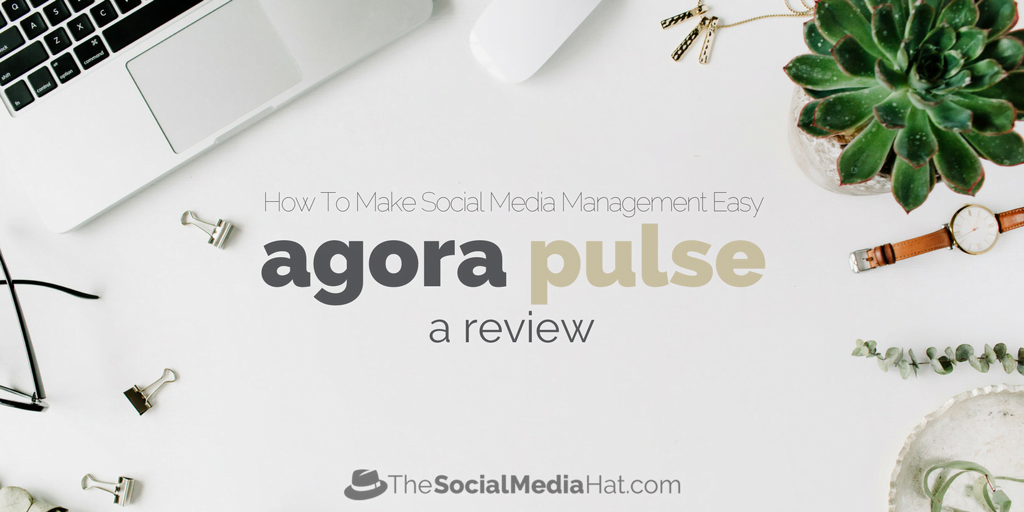Internet addicts, take note! The more time you spend on social media, the more likely you are to be depressed, a new study warned. “Because social media has become such an integrated component of human interaction, it is important for clinicians interacting with young adults to recognise the balance to be struck in encouraging potential positive use, while redirecting from problematic use,” said Brian A Primack from University of Pittsburgh in the US.
In 2014, researchers sampled 1,787 US adults aged 19 to 32, using questionnaires to determine social media use and an established depression assessment too. The questionnaires asked about the 11 most popular social media platforms at the time – Facebook, YouTube, Twitter, Google Plus, Instagram, Snapchat, Reddit, Tumblr, Pinterest, Vine and LinkedIn.
On average the participants used social media a total of 61 minutes per day and visited various social media accounts 30 times per week. More than a quarter of the participants were classified as having “high” indicators of depression, researchers said. There were significant and linear associations between social media use and depression whether social media use was measured in terms of total time spent or frequency of visits, they said.
For example, compared with those who checked least frequently, participants who reported most frequently checking social media throughout the week had 2.7 times the likelihood of depression. Similarly, compared to peers who spent less time on social media, participants who spent the most total time on social media throughout the day had 1.7 times the risk of depression. Researchers controlled for other factors that may contribute to depression, including age, sex, race, ethnicity, relationship status, living situation, household income and education level.
According to Lui yi Lin from University of Pittsburgh, exposure to highly idealised representations of peers on social media elicits feelings of envy and the distorted belief that others lead happier, more successful lives. Engaging in activities of little meaning on social media may give a feeling of “time wasted” that negatively influences mood and social media use could be fueling “internet addiction,” a proposed psychiatric condition closely associated with depression, she added.
Spending more time on social media may increase the risk of exposure to cyber-bullying or other similar negative interactions, which can cause feelings of depression, she said. The findings were published in the journal Depression and Anxiety.
[Source:- Dna]





